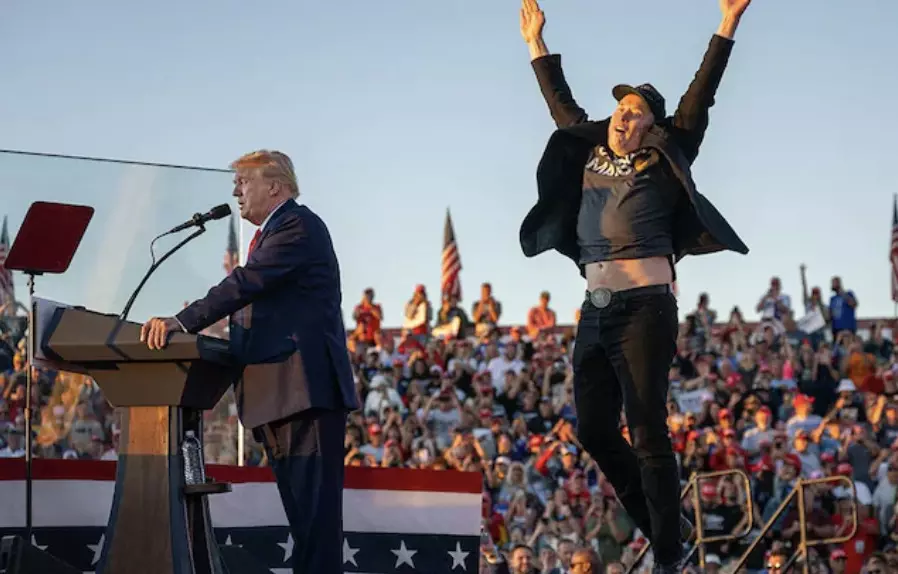Is Trump’s Musk an “amazing guy”? A signal for Starlink’s potential entry into the Indian market
Is Trump’s Musk an “amazing guy”? A signal for Starlink’s potential entry into the Indian market

Donald Trump recently lauded Elon Musk and his Starlink service during his victory speech, calling Musk an “amazing guy” and a “super genius.” He highlighted Starlink’s role in providing vital internet connectivity during the aftermath of Hurricane Helene, showcasing the power of satellite internet to reach even the most remote corners of the globe.
This praise has sparked speculation about Starlink’s potential entry into the Indian market, as Musk has been eyeing India for years but faced challenges due to regulatory hurdles. However, with the Indian government’s recent decision to allocate satellite spectrum and potential backing from the Trump administration, Starlink’s arrival may be imminent.
What Sets Starlink Apart
Starlink uses a network of low Earth orbit satellites to deliver high-speed internet without the need for traditional broadband infrastructure. This technology beams internet data via radio signals between ground stations and orbiting satellites, offering a solution where fiber-optic cables and traditional broadband services are impractical. While Starlink may not revolutionize urban connectivity where wired broadband already exists, it could be a game-changer for remote areas that lack reliable internet access. Since its launch in 2019, Starlink has amassed over 4 million users globally, and its potential to bridge the digital divide in India is significant.
Starlink’s India Push
Elon Musk has tried to break into the Indian market since 2021, even accepting pre-orders for Starlink services. However, the Indian government intervened, requiring SpaceX to comply with local regulations. The government clarified that SpaceX had not yet secured the necessary licenses to offer satellite-based services in India.
A shift in the regulatory landscape could soon change that. Communications Minister Jyotiraditya Scindia recently announced that satellite spectrum would now be allocated administratively, with pricing determined by the telecom regulator. Musk welcomed the announcement, expressing SpaceX’s commitment to providing Starlink services to India.
The Competition from Local Telecom Players
If the regulatory environment becomes more favorable for global satellite providers like Starlink, India’s telecom giants, such as Mukesh Ambani’s Jio and Sunil Bharti Mittal’s Airtel, will face intense competition. Jio has called for spectrum allocation through auctions to ensure a level playing field, while Airtel’s Mittal also advocates for satellite companies to buy spectrum like traditional telecom operators.
Reports suggest that Starlink has informed the Telecom Regulatory Authority of India (TRAI) that Indian telecom companies are pushing for higher spectrum prices to protect their interests. The local players argue that global companies like Starlink are using the rural connectivity narrative to secure favorable terms, but may soon expand into urban markets, directly competing with domestic providers.
As the satellite internet race heats up, the telecom landscape in India is poised for significant changes, potentially bringing affordable, high-speed internet to underserved areas while challenging traditional service providers.

